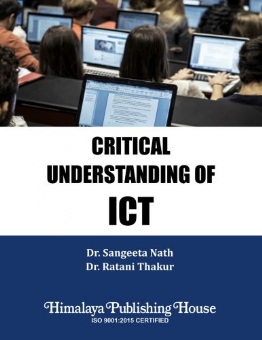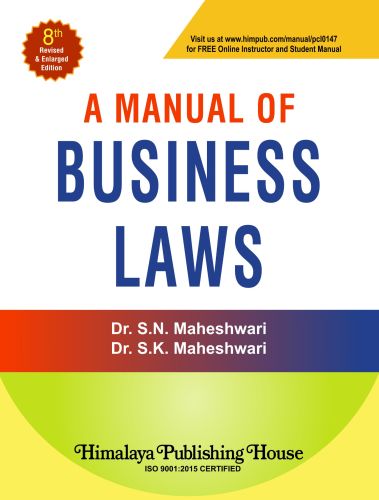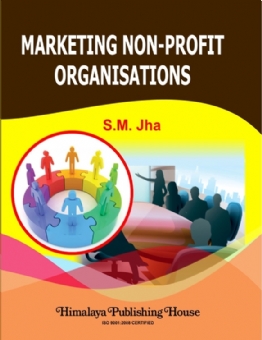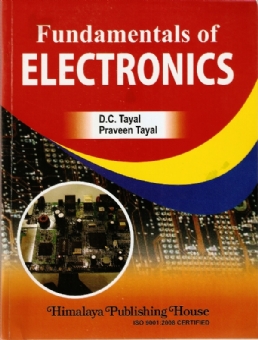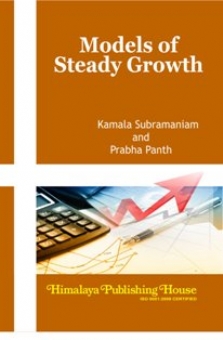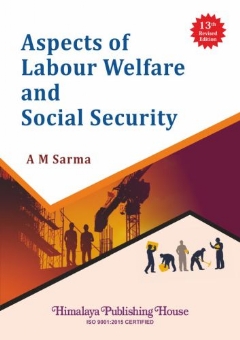The foremost change which has done in the field of Education is inculcation of “Critical Understanding of ICT” as an Enhancing professional capabilities course. As per B.Ed. syllabus of University of Mumbai Critical Understanding of ICT in education is the Ability Course 1 in Semester Ist for FY.B.Ed.
Preparing teachers to use technology in a classroom is important step for ICT enabled education in the country. This course will focus on moving beyond computer literacy and ICT aided learning to help student teachers interpret and adapt ICTs in line with educational aims and principles. It will explore ICTs along three broad branches teaching learning, administration, and academic support and implacable for society.
Objectives –
1. To develop an understanding of the concept of ICT
2. To practice safe and ethical ways of using ICT
3. To use ICT in Teaching Learning, Administration, Evaluation and Research
4. To develop, design and use ICT based learning resources.
5. To develop an understanding of the concept MOOC and OER
6. To Evaluate ICT based learning resources.
7. To adopt mobile learning, open learning and social learning in classroom.
This book is primarily designed to fulfill the need of B.Ed. students of Various Universities. The treatment flows logically from one chapter to another. All possible efforts have been made to use simple but effective language. The book is divided into 12 chapters, however this is developed as a guide to assist teachers as well as students to understand the subject and prepare assignments in the given section. This course comprises two module:
1. ICT in education and its implication.
2. Teacher and ICT enabled administration, evaluation and research.
Contents –
MODULE 1
UNIT I : UNDERSTANDING OF ICT IN EDUCATION
1: Information and Communication Technology: Concept and Importance
2: Role of Teacher in ICT Enabled Education – Administrator, Facilitator and Evaluator
3: Legal and Ethical Issues in the use of ICT – Hacking, Violating of Copyright, Plagiarism
UNIT II: DESIGNING TECHNOLOGY INTEGRATED LEARNING EXPERIENCES
4: Designing Technology Integrated Learning Experiences.
5: Develop Learning Resources on a Topic Using ICT Tools. (Script Writing and Story Board) and Critically Evaluate it by Using Rubrics
6: Learning Management System (LMS) – Concept, Features and Applications
MODULE 2
UNIT III: EMERGING TRENDS IN E-LEARNING
7: Mobile Learning – Concept, Features and Uses of any One Mobile Application for Teaching and Learning
8: Social Learning – Concept, Use of Web 2.0 Tools for Learning (Social Networking Site, Blog, Chat, Video Conferencing, Discussion Forum).
9: Open Educational Resources, Creative Common, Massive Open Online Courses (MOOCs) – Concept and Applications.
UNIT IV: USE OF ICT EVALUATION, ADMINISTRATION AND RESEARCH
10: E-Portfolio – Concept and Development.
11: ICT for Research – Online Repositories and Online Libraries.
12: Online and Offline Assessment Tools. (Online Survey Tools or Test Generators) – Concept and Development
MODULE 3
Suggested Task/Assignment Activities

